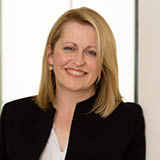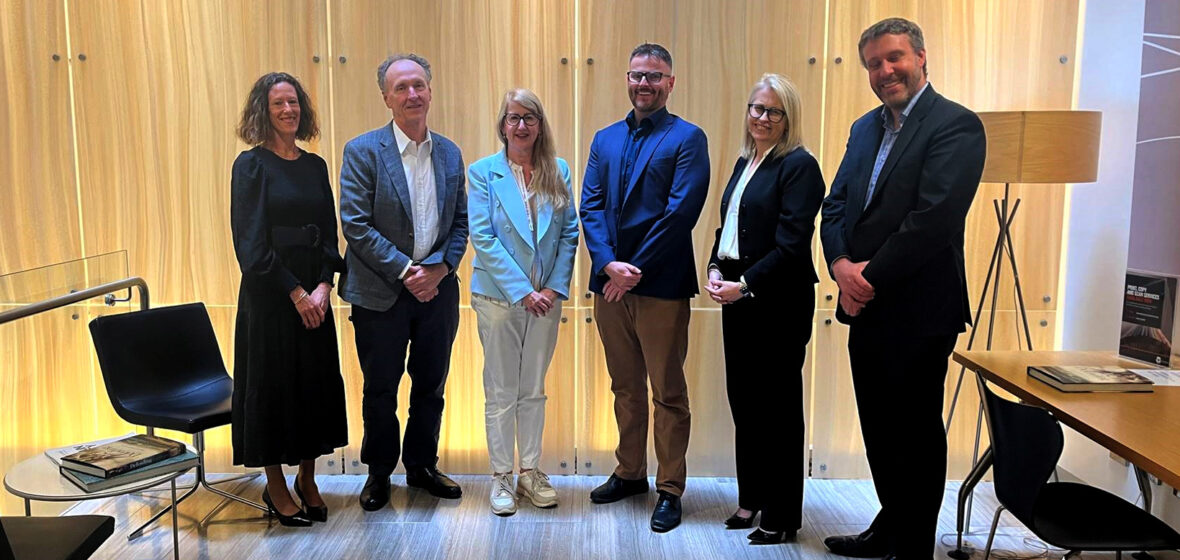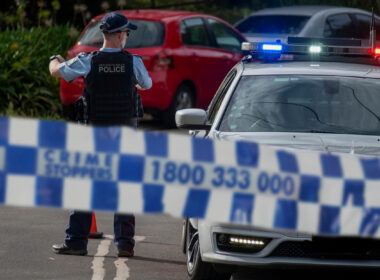People shouldn’t be fearful of submitting to the process. Whatever happens, they will come out knowing more than they did going in. They just have to give it their all.
“Practitioners need to understand that the Specialist Accreditation program is rigorous,” Jacqueline Dawson says of the Law Society of NSW’s prestigious and widely respected program.
“But people shouldn’t be fearful of submitting to the process. Whatever happens, they will come out knowing more than they did going in. They just have to give it their all.”
Dawson, a family law expert, Law Society councillor and the program’s Chair, told LSJ that solicitors, regardless of how many years they have been practising, need to approach the course with discipline, focus and ultimately, passion.
“Anyone who approaches it saying, ‘I have been doing it a long time, I’ll be fine’, is probably throwing caution to the wind. It does require, in my view, preparation and study. Many people form study groups too,” Dawson said.
“I genuinely think it is fantastic to be required to get your knowledge in order, and have it tested.
“People that do the program really hone their knowledge and skills. It is actually an opportunity to focus on what you do and don’t know.”
The structured peer assessment program has been running since 1992 and enables solicitors in NSW to gain recognition as an expert in their chosen area of practice. More than 1700 NSW solicitors maintain a Specialist Accreditation in one of more of 13 areas of law.
Every year, the program offers different areas of speciality including personal injury, dispute resolution, employment, and family law.
 Jacqueline Dawson, family law expert, Law Society councillor and the program’s Chair
Jacqueline Dawson, family law expert, Law Society councillor and the program’s Chair
There are three sets of examination practitioners must go through, including both an oral and written exam that are tailored to the specialty type. For example, criminal lawyers may make submissions to a court, and family lawyers may be required to conduct an interview.
78 practitioners representing six areas of law, including dispute resolution, employment and family law were awarded the top gong in 2022.
Dawson said obtaining Specialist Accreditation is only the beginning of a practitioner’s journey as a specialist, with the scheme supporting solicitors to refine their craft and reputation after the assessment period is complete.
“We hope that people never previously contemplated having a go at accreditation, see other specialists, and are inspired.”
“Through the program, practitioners have access to things they might not have otherwise had. The single biggest benefit I can think of is the Specialist Accreditation conference which offers content leveled at Specialists.
“The other thing the Board has always said about becoming a specialist, is that it is only the beginning of your journey. You can maintain expertise and reputation.”
Dawson also said the Board and Specialist Accreditation team are constantly reviewing the program to make sure it is dynamic and continually meets the needs of its Specialists.
Applications close on Friday. Find out more here.




